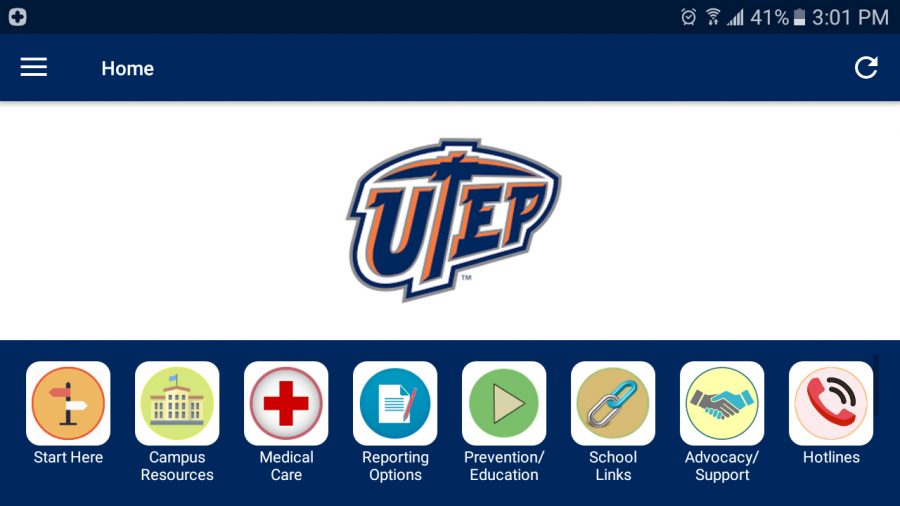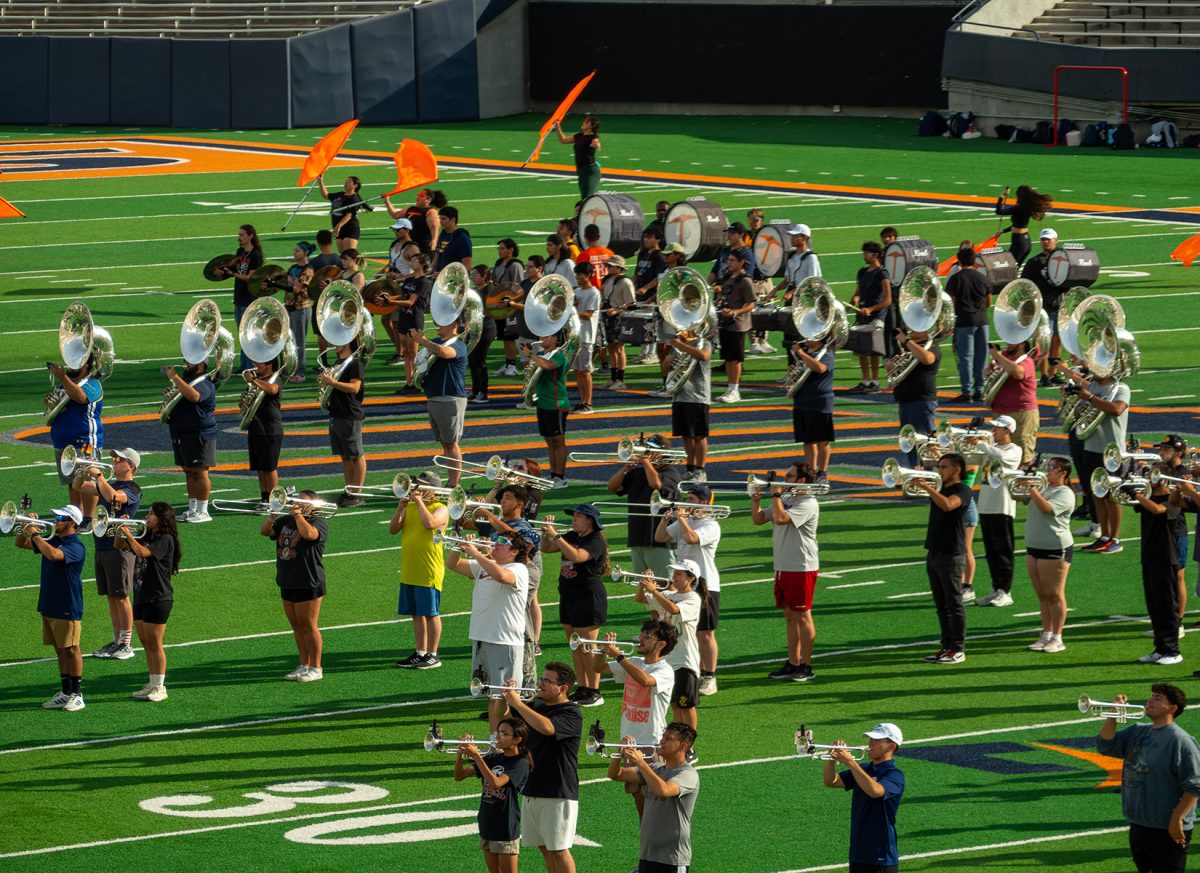In the summer of 2016, four 2014 college graduates from Chappaqua, New York, released a smartphone app for college students who have experienced sexual assault. The app, “Reach Out Editions,” provides resources designed to help survivors cope with their experience.
Co-founders Billy Sadik-Khan, Jack Zandi, Racquel Giner and Zach Csillag reunited after graduating from different universities and created their own company, Capptivate.
Capptivate released their app “Reach Out Editions” last summer. The app is run by a digital database of approximately 2,500 colleges across the U.S. with more than 40,000 resources specific to each college.
“’Reach Out Editions’ seeks to empower student survivors of sexual misconduct with information about their options for support both on and off-campus,” Sadik-Khan said. “We’ve designed the app to be as relatable and accommodative for college students as possible by ensuring that users are anonymous, the information is campus-specific.”
The app, which has expanded to high schools in the U.S. and universities in the U.K., connects sexual assault survivors with resources such as rape crisis centers, helplines, legal aid services, medical care providers, counseling services and emergency responders.
Users of the app can search the name of their university, which will direct them the current information and services offered by their school. The app offers students information explaining about how sexual consent looks like, how they may help victims of sexual assault, and the phone numbers, names of people in charge and locations of services dedicated to help and protect survivors of this crime such as a Title IX coordinator.
The University of Texas at El Paso is among the universities that have signed up with the app.
“Reach Out Editions” comes with a prevention and education section, where users may view videos and read articles explaining the facts of sexual health and its risks.
“Your school can login and customize their information and update it as it changes,” Sadik-Khan said.
The app also has products and services available for purchase like CappMail, an email service offered by the app, which allows users to send questions anonymously to their campus police. UTEP currently does not subscribe to this service.
“We do sell services and products, but the schools are not required to buy them, but we do think they are helpful tools for all students,” Sadik-Khan said. “All the money that we get back from value-added services goes back to the app so we can make it better and sustain it.”
Sadik-Khan said one of the reasons why they decided to create this app was to help reduce the high numbers of sexual assaults on college campuses by encouraging the reporting of this type of incidents.
According to the 2015 American Association of Universities Sexual Assault Campus Climate Survey, 11.7 percent of students reported experiencing non-consensual sexual contact by threats of physical force and incapacitation during their college careers. These sexual assault cases had overall low reporting rates, ranging from 5 percent to 28 percent. The survey gathered responses from more than 150,000 students across 27 universities nationwide.
When the “Reach Out Editions” team started, there were about 100 colleges under investigation for sexual misconduct. Sadik-Khan said these injustices are what motivated the creation of this project.
“The reality is that not all schools do a great job and we want to make sure students are aware of their rights. We want them to know who to contact if they have suffered an incident of sexual assault,” Sadik-Khan said. “If schools already do a great job, we still want to create more platforms where students have easy information available to them.”
In 2014, the “Reach Out Editions” team started working on their app and decided to contact different universities around the nation to explain the idea behind their app.
“It was hard—it took us two years to release the app. We compiled the information, designed the app, we had to market it and meet with schools,” Sadik-Khan said. “At one point, we drove to Indiana and back, and that was probably 10 colleges along the way where we asked for guidance and advice for our app.”
Sadik-Khan and his team said they hope to make a difference in the future of students and schools.
“I hope the app plays the role in increasing the reporting of these cases so every victim can receive the adequate support and help. I hope this app creates a safer campus community,” Sadik-Khan said.
For more information on “Reach Out Editions,” visit their website at capptivation.com.









